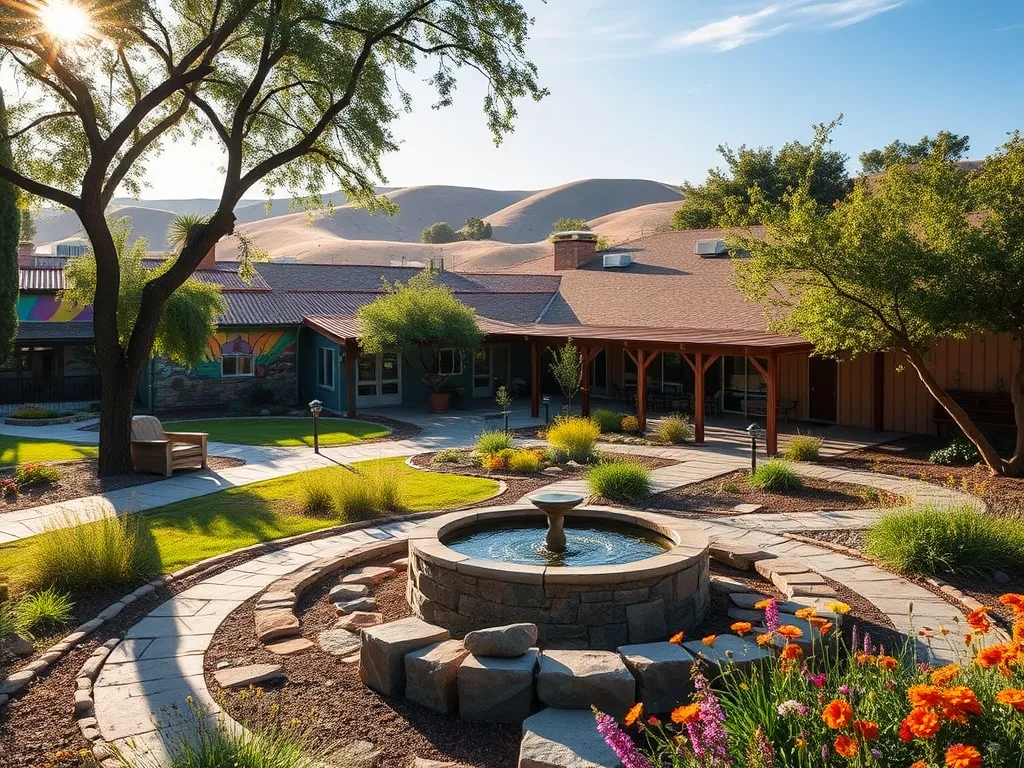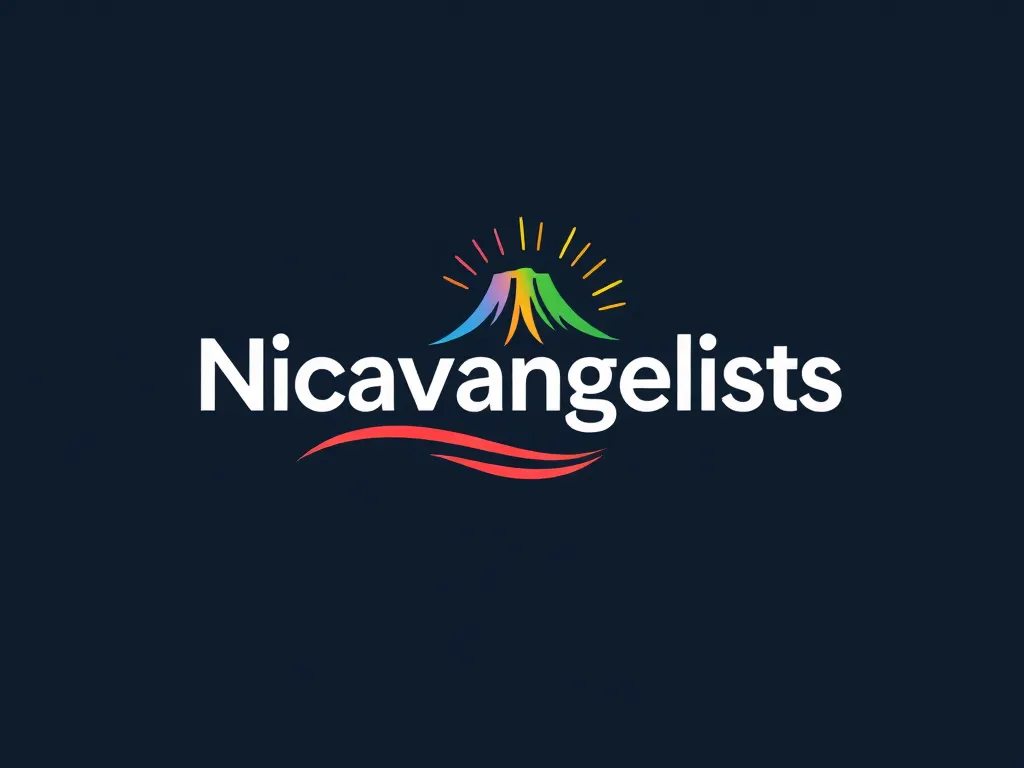Explore Free or Low-Cost Rehab Programs in San Bernardino

Free or Low-Cost Rehab Programs in San Bernardino
San Bernardino offers a range of free or low-cost rehab programs designed to support individuals struggling with addiction. These programs aim to provide accessible treatment options that cater to a diverse population, ensuring that financial barriers do not prevent individuals from seeking help. The availability of such programs is crucial in a community where substance abuse issues are prevalent, helping to foster a healthier society.
Among the many options available, Free or Low-Cost Rehab Programs in San Bernardino include both inpatient and outpatient services, community-based rehabilitation services, and faith-based recovery initiatives. Each of these programs has its unique approach to treatment, providing various methods and environments that accommodate individual needs. For those seeking help, navigating these options can be the first step towards recovery.
In addition to traditional rehab programs, San Bernardino boasts several community resources that contribute to the effectiveness of Free or Low-Cost Rehab Programs. These resources often include support groups, counseling services, and educational programs that enhance the recovery process. By engaging with these community assets, individuals are better positioned to achieve long-term sobriety and reintegrate into society successfully.
Understanding the eligibility criteria for these rehab programs is essential for those seeking assistance. Factors such as income levels, insurance coverage, and required documentation can influence an individual's access to free or low-cost services. Moreover, special consideration is given to veterans and other specific populations, ensuring that support is tailored to meet their unique requirements.
Ultimately, Free or Low-Cost Rehab Programs in San Bernardino not only provide treatment but also build a supportive network that reinforces recovery efforts. Many individuals who complete these programs find a renewed sense of purpose and community, leading to healthier lifestyle choices and a brighter future free from addiction.
Types of Rehab Programs
Inknpated rehab programs in San Bernardino provide a structured environment where individuals live at the treatment facility for the duration of their program. These programs typically last anywhere from 30 to 90 days, focusing on intensive therapy, medical support, and life skills training. Inpatient rehabilitation is ideal for those with severe addiction issues, as it removes individuals from their daily environment and triggers, allowing for a concentrated recovery effort.
Outpatient rehab options are also available in San Bernardino, offering flexibility for those who do not require full-time residential treatment. These programs allow individuals to attend therapy sessions, counseling, and support groups while living at home. Outpatient services can vary in intensity and are often tailored to meet the needs of each participant, making them a suitable choice for those with job or family commitments.
Community-based rehabilitation services are another critical component of Free or Low-Cost Rehab Programs in San Bernardino. These services often include support groups, educational workshops, and family counseling that are designed to engage the entire community. Community-based programs aim to create a strong network of support that is vital for sustained recovery, emphasizing the importance of connection and understanding amongst peers.
For those seeking support in their recovery journey, exploring the resources available at https://americanaddictioncenters.org/rehab-guide/free can be incredibly helpful.
Faith-based recovery programs incorporate spiritual elements into the rehabilitation process. These programs are often led by religious organizations and promote recovery through faith, encouraging individuals to find strength and purpose through their beliefs. Participants engage in spiritual practices, counseling, and community involvement, creating a holistic approach to recovery that encompasses mind, body, and spirit.
Eligibility for Free Programs
Eligibility for Free or Low-Cost Rehab Programs in San Bernardino typically involves meeting specific income requirements. Many subsidized rehab facilities assess an individual's financial situation to determine if they qualify for reduced fees or complete financial assistance. This ensures that those in the greatest need are prioritized and receive the help they need.
Insurance coverage can also influence eligibility for rehab programs. Many facilities accept state-funded insurance plans, Medicaid, and private insurance, which may cover all or part of the treatment costs. Individuals are encouraged to contact their insurer to understand their coverage options and communicate with rehab centers about accepted plans to avoid surprises during their treatment.
Documentation required for application into Free or Low-Cost Rehab Programs may vary by facility but typically includes proof of income, identification, and insurance information (if applicable). Some facilities may also require a medical history or assessments to ensure they can provide the appropriate level of care tailored to each individual's needs.
Special programs for veterans experiencing addiction issues are also available. These rehab programs often address the unique challenges and experiences faced by veterans, providing specialized treatment approaches that honor their service. Many facilities collaborate with veteran organizations to ensure that individuals receive comprehensive care that considers their unique backgrounds.
Success Rates of Local Rehab Programs
Statistics show that recovery success rates for Free or Low-Cost Rehab Programs in San Bernardino vary depending on the type of program and individual commitment. Studies indicate that those who engage in structured therapy and community support have higher success rates in achieving long-term sobriety. Additionally, facilities that offer aftercare programs tend to see better recovery outcomes.
Factors influencing success rates include the individual's commitment to recovery, the type of treatment received, and the presence of support systems. Programs that provide ongoing counseling, peer support, and relapse prevention strategies often see improved outcomes, as these elements are crucial for maintaining sobriety after the initial treatment phase.
Testimonials from program graduates can offer insight into the effectiveness of rehab programs in San Bernardino. Many individuals share their stories of transformation, highlighting the role of skilled staff, supportive environments, and tailored treatment plans in their success. These personal accounts serve as encouragement for those considering rehab, demonstrating that recovery is possible.
Long-term support and relapse prevention play a vital role in the success of local rehab programs. After completing a program, individuals are often encouraged to participate in aftercare, support groups, and continued counseling. This ongoing engagement is essential in helping individuals navigate challenges and maintain their recovery, ultimately reducing the likelihood of relapse.
Finding the Right Program
Assessing individual needs for rehab is the first step in finding the right program. Factors such as the severity of addiction, personal preferences, and life circumstances should be considered to determine whether inpatient or outpatient care is most appropriate. Engaging with a healthcare professional can also provide personalized guidance based on specific needs.
Comparing different rehab options is essential for finding the program that best fits an individual’s circumstances. Prospective clients should research the various programs available in San Bernardino, examining factors such as treatment approaches, success rates, and available amenities. Gathering this information can help individuals make informed decisions about their recovery journey.
The importance of program accreditation cannot be overstated. Accreditation by recognized organizations ensures that rehab facilities adhere to specific standards and practices. Choosing an accredited program provides assurance that the treatment received is of high quality, increasing the likelihood of successful recovery outcomes.
Consultation with rehab professionals is a practical step when searching for the right program. Many facilities offer free initial consultations where individuals can discuss their situations, ask questions, and receive recommendations based on their needs. These consultations can provide valuable insights into the nature of the programs and the types of support available.
Resources and Support Networks
Local support groups and meetings play a crucial role in the recovery process. Organizations such as Alcoholics Anonymous (AA) and Narcotics Anonymous (NA) host regular meetings in San Bernardino, providing individuals with a supportive community to share their experiences, challenges, and triumphs. These groups foster a sense of belonging, helping individuals feel less isolated during their recovery journey.
Hotlines for addiction help are available for those who need immediate assistance. These hotlines connect individuals with trained professionals who can provide guidance, support, and information about available treatment options. Having access to these resources can be a lifeline for those in crisis, enabling them to take the first steps toward recovery.
Online resources for rehab options are abundant, allowing individuals to research and compare different programs from the comfort of their homes. Websites dedicated to addiction support and recovery often provide comprehensive lists of local facilities, including user reviews, treatment philosophies, and eligibility requirements, simplifying the search process.
Community outreach and education efforts are pivotal in raising awareness about addiction and available support resources in San Bernardino. Workshops, informational sessions, and community events can help destigmatize addiction and promote recovery, ensuring individuals know where to seek help when they need it most.
